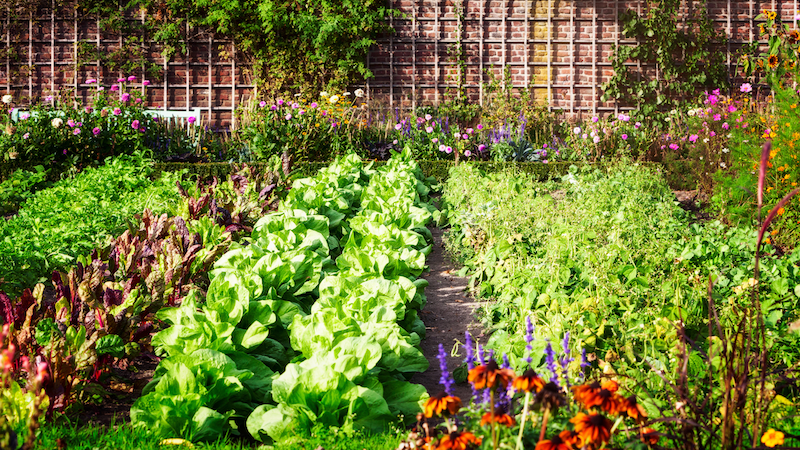If you’ve ever dreamed of having a lush, thriving garden without all the chemical fuss, you’re in the right place. Organic gardening isn’t just good for your plants; it’s good for the planet, too. Grab your gardening gloves and let’s learn easy organic gardening practices that’ll have your garden blooming in no time.
Start with the Soil
- Go Organic: Choose organic soil amendments like compost, manure, or worm castings to enrich your soil naturally.
- Test Your Soil: Use a soil test kit to check pH levels and nutrient content. Adjust as needed to create the perfect environment for your plants to thrive.
- Mulch It Up: Spread a layer of organic mulch like straw, wood chips, or shredded leaves to retain moisture, suppress weeds, and improve soil health.
Pick the Right Plants
- Native is Key: Opt for plants native to your region as they’re better adapted to local climate and soil conditions.
- Choose Disease-Resistant Varieties: Look for plant varieties bred for disease resistance to reduce the need for chemical pesticides.
- Companion Planting: Plant companions that benefit each other, like marigolds to deter pests or beans to fix nitrogen in the soil.
Water Wisely
- Morning Magic: Water your garden in the morning to minimize evaporation and give plants a hydration boost to start the day.
- Deep and Infrequent: Water deeply but less frequently to encourage deep root growth and drought tolerance.
- Rain Barrel Romance: Collect rainwater in barrels to reduce water waste and provide plants with natural, chlorine-free hydration.
Embrace Natural Pest Control
- Beneficial Bugs: Attract beneficial insects like ladybugs, lacewings, and predatory wasps to keep pest populations in check.
- DIY Pest Sprays: Whip up homemade pest sprays using ingredients like garlic, neem oil, or soap to repel unwanted critters without harming beneficial insects.
- Handpick Pests: Sometimes, the best pest control is good old-fashioned manual removal. Spend some quality time in your garden picking off pests like caterpillars or slugs.
Practice Patience and Observation
- Stay Vigilant: Keep an eye on your garden for any signs of pests, diseases, or nutrient deficiencies. Catching problems early makes them easier to manage.
- Adapt and Learn: Gardening is an ongoing learning experience. Don’t be afraid to experiment and adjust your approach based on what works best for your unique garden ecosystem.
Remember, organic gardening is all about working with nature, not against it. And speaking of working with nature, don’t forget to visit by Waynesborough Garden Center for all your organic gardening needs. From soil amendments to plant companions, they’ve got everything you need to cultivate the garden of your dreams, all while keeping it eco-friendly and chemical-free.




